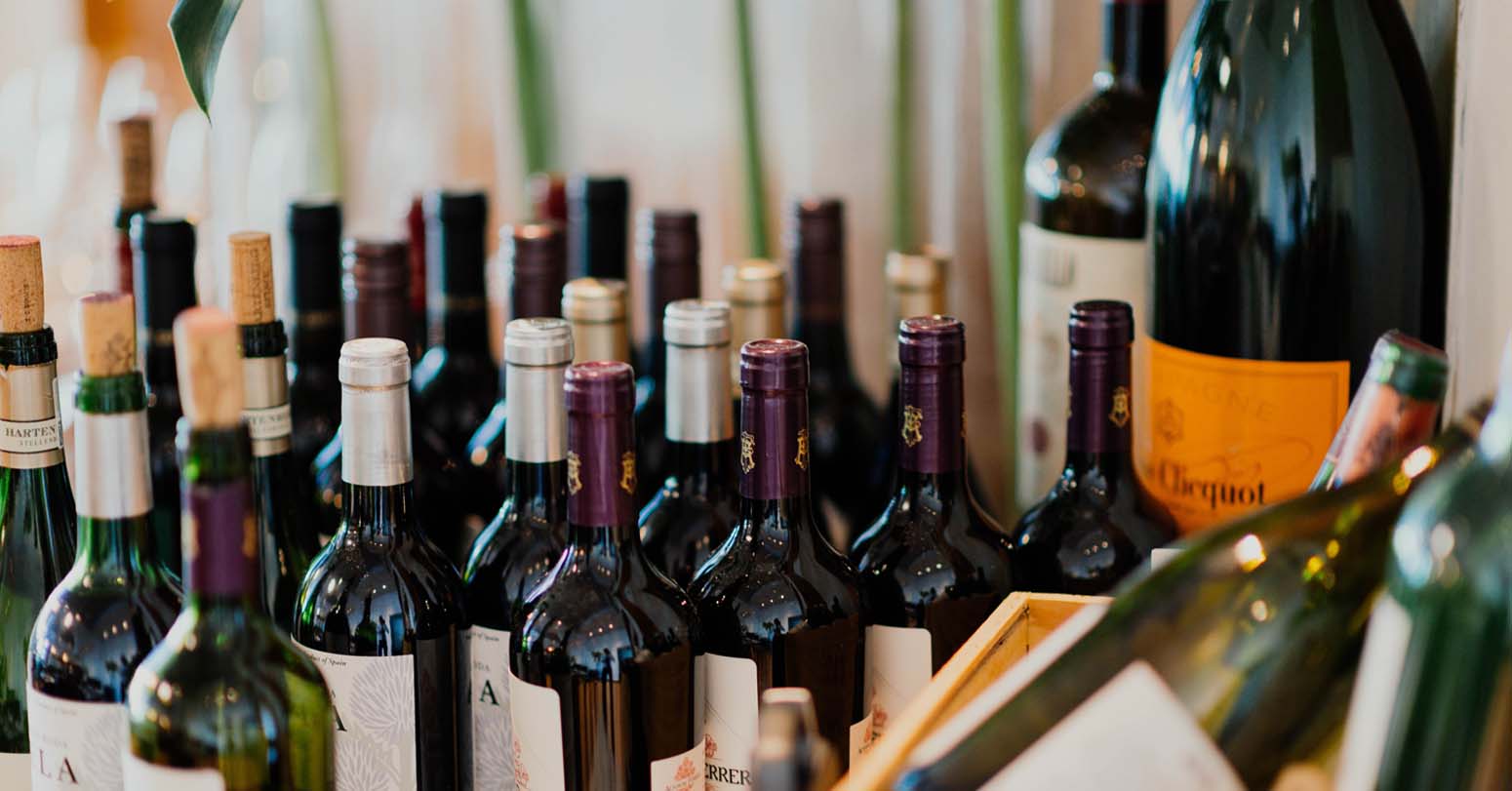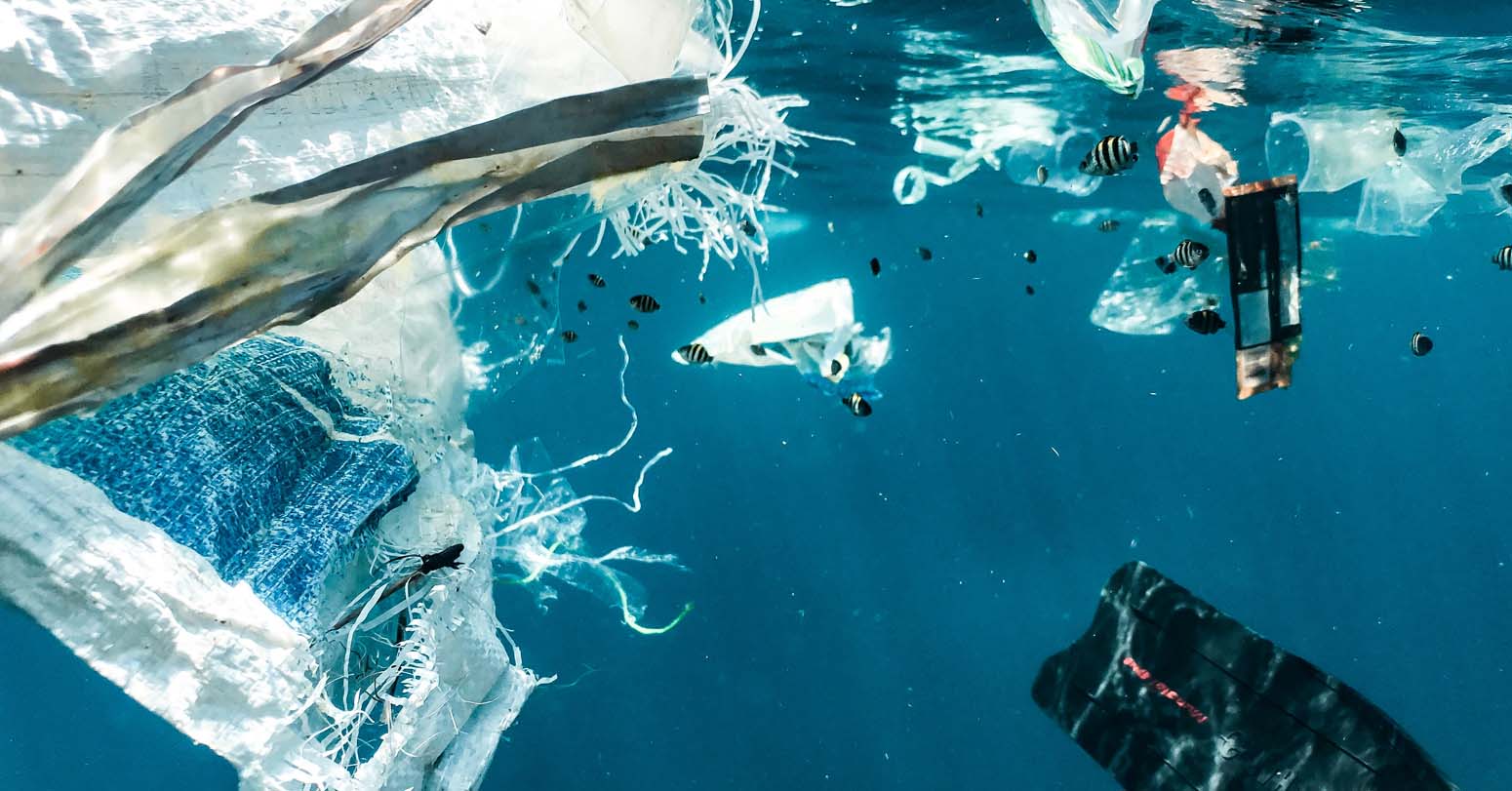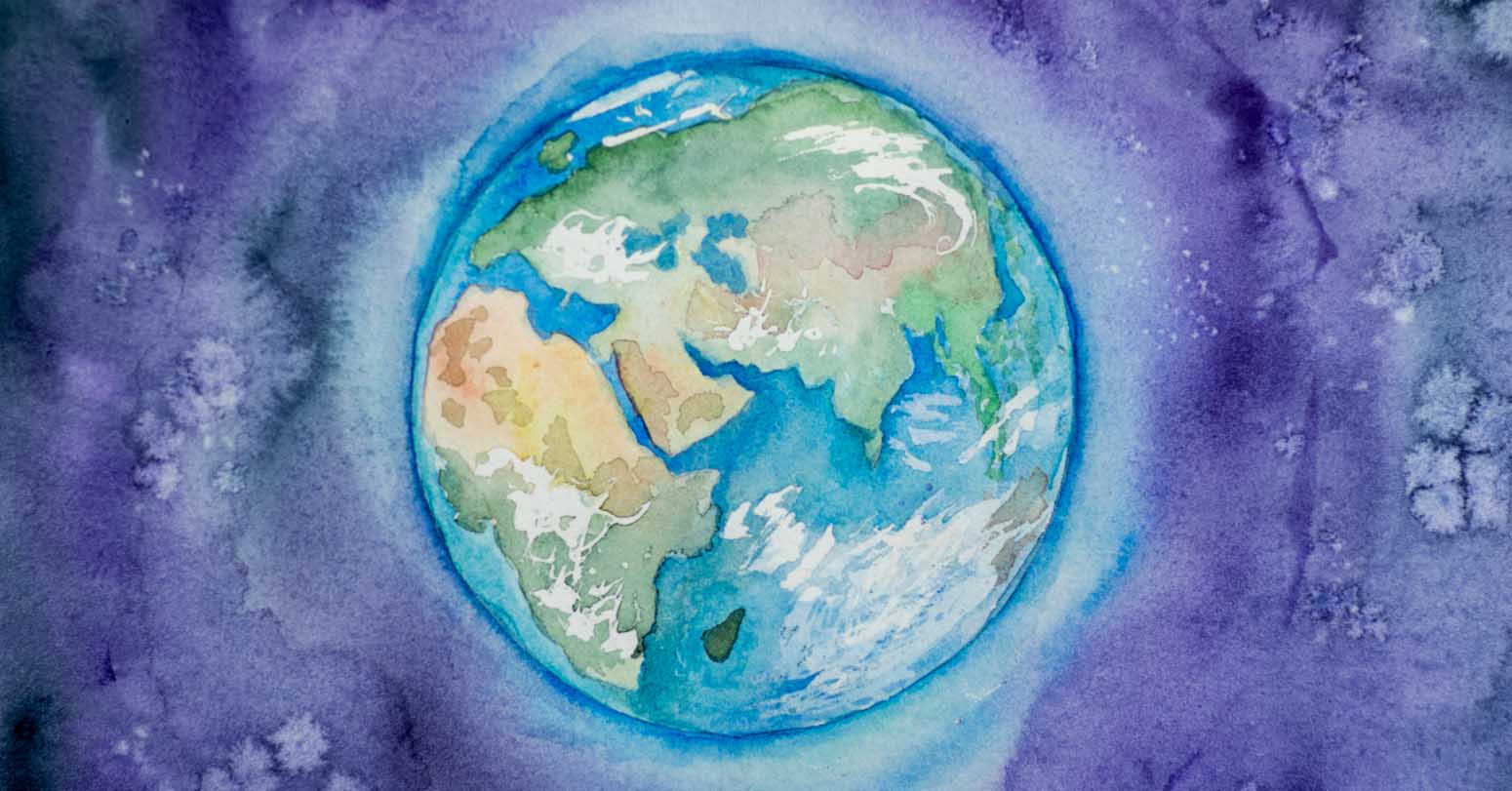Glass bottles are responsible for the majority of greenhouse gas emissions from the winemaking process, Australian research has found.
In a study published on Monday, a team from the University of South Australia (UniSA) and the University of Adelaide found that the production and transport of glass bottles account for more than two-thirds of the winemaking industry's total carbon footprint.
According to their research, the production of a single glass wine bottle generates 1.25 kg of carbon dioxide. Their unique shape means they also take up more space and require more fuel to be transported.
"If we could find another way to tackle the (bottling) process, we'd be looking at a much more carbon-efficient wine industry," Jakob Mesidis, lead researcher on the project from UniSA, told the Australian Associated Press.
Alternative receptacles for wine include casks, cans and plastic bottles, all of which can be transported more efficiently and recycled more easily.
A survey of 1,200 people undertaken by Mesidis and his fellow researchers found that consumers favored glass wine bottles, associating them with tradition and prestige, over the alternatives.
In September 2023, a group of winemakers from South Australia (SA) urged consumers to overcome their "snobbery" towards cask wine to help producers reduce costs and improve sustainability.
SA is Australia's capital of wine production, with the state accounting for 55 percent of the nation's wine grape harvest, according to data published by peak industry body Wine Australia in December.
-XINHUA



















Comprehensive Data Protection Law Critically
Gender Differences In Mental Healthcare
Messi Wins Best FIFA Men’s
Erosion of Democracy
Fly Dubai Catches Fire in
“Complexities of the South Asian